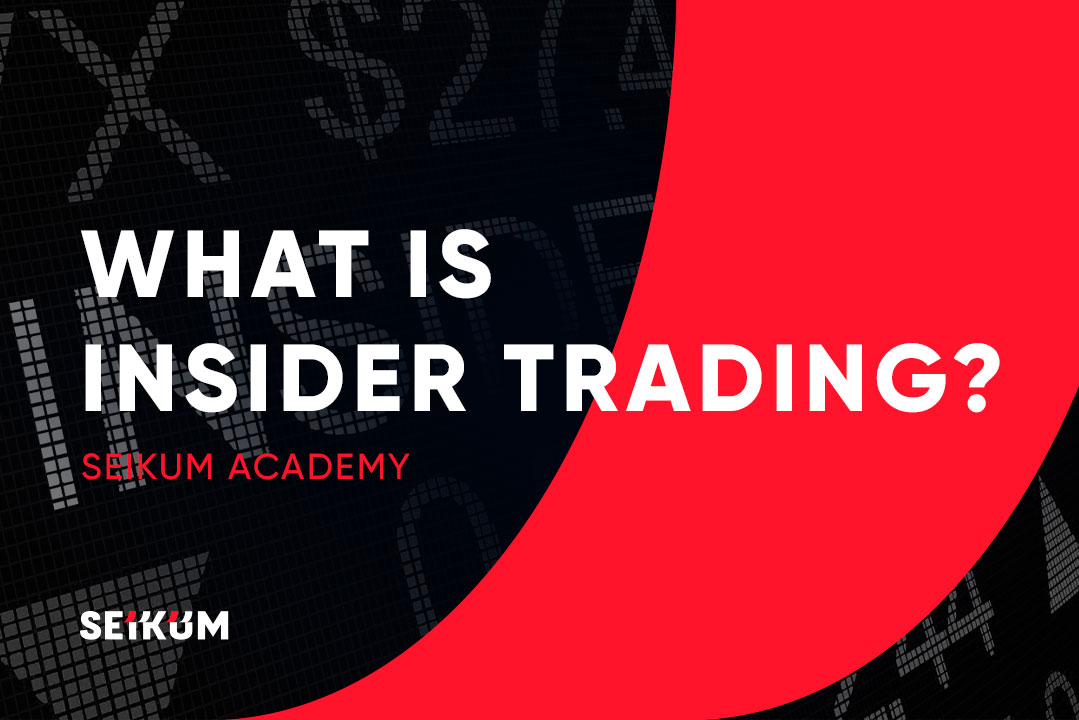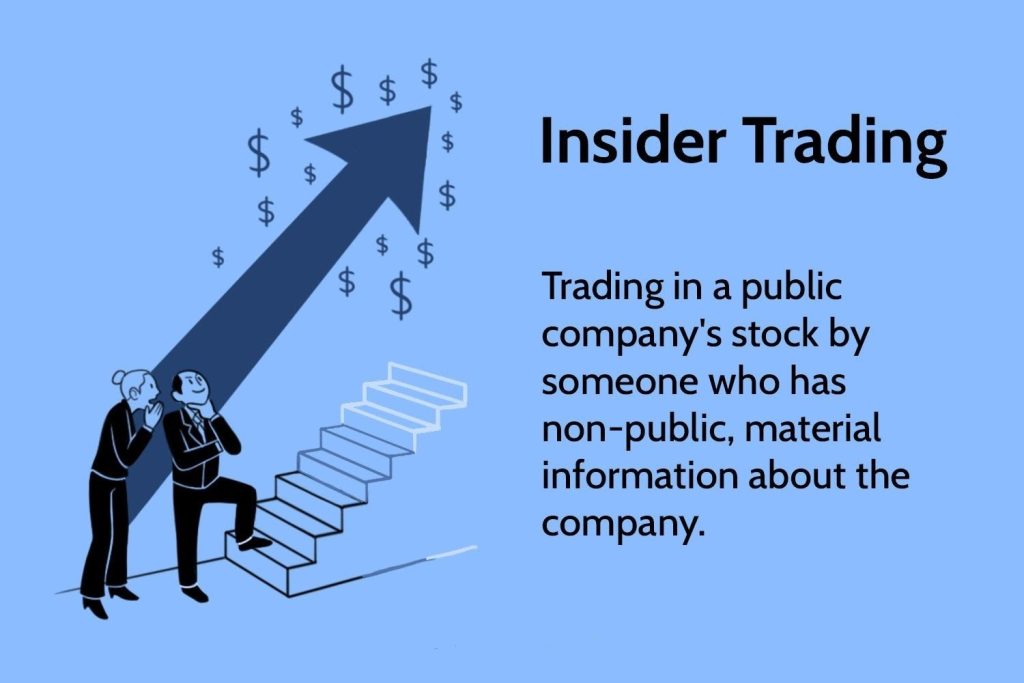What Is Insider Trading?


What Is Insider Trading? Unveiling the Secrets of Wall Street’s Underbelly
Have you ever wondered how some traders seem to have an uncanny ability to predict stock market movements? While it’s true that extensive research, analysis, and a bit of luck play their parts, there is another, more illicit, practice that can unfairly tip the scales in favor of certain individuals. This practice is known as insider trading. In this article, we will delve into the depths of Wall Street’s underbelly and shed light on what exactly insider trading entails, its consequences, and the efforts being made to combat this nefarious activity.
Defining Insider Trading
Insider trading can be likened to a secret passageway that grants select individuals an unfair advantage in the stock market. It involves the buying or selling of stocks based on confidential information that is not yet available to the general public. These insiders, who typically include corporate executives, board members, or even friends and family of company employees, have access to non-public information that can significantly impact stock prices.

The Inner Workings
Picture a bustling trading floor, where rumors and whispers float through the air like fleeting shadows. Insider trading thrives on these whispers, on clandestine conversations in dimly lit rooms and covert exchanges of information. It is fueled by greed and the desire for quick profits, creating an uneven playing field that compromises the integrity of the financial markets.
The Consequences
Insider trading undermines the principles of fairness, transparency, and equal opportunity that are the bedrock of any thriving economy. When insiders exploit their privileged positions to gain an unfair advantage, it erodes public trust and confidence in the financial system. Ordinary investors, who lack access to confidential information, find themselves at a distinct disadvantage, unable to compete on a level playing field. This illicit practice can lead to market manipulation, distorted stock prices, and ultimately, devastating financial losses for innocent investors.
Efforts to Combat Insider Trading


Recognizing the pernicious effects of insider trading, regulatory bodies and law enforcement agencies have been stepping up their efforts to curb this illegal practice. The Securities and Exchange Commission (SEC) in the United States, for instance, actively investigates and prosecutes cases of insider trading, seeking to bring perpetrators to justice. Enhanced surveillance technologies, sophisticated data analysis techniques, and stricter enforcement have been deployed to detect suspicious trading patterns and identify potential culprits. Moreover, public awareness campaigns and educational initiatives are being employed to enlighten market participants about the severe consequences of engaging in insider trading. By emphasizing the importance of fairness, integrity, and ethical behavior, these initiatives aim to foster a culture of compliance and accountability within the financial industry.
Conclusion
In the complex world of finance, where fortunes are made and lost in the blink of an eye, it is crucial to understand the ethical boundaries that separate fair play from illicit gains. Insider trading represents a breach of trust, a betrayal of the principles that should govern our financial systems. By comprehending what insider trading is, its detrimental impact, and the measures in place to combat it, we can work together to safeguard the integrity and fairness of the markets. Let us strive for a future where every investor, regardless of their connections or inside knowledge, has an equal opportunity to succeed and thrive in the exciting world of trading.
